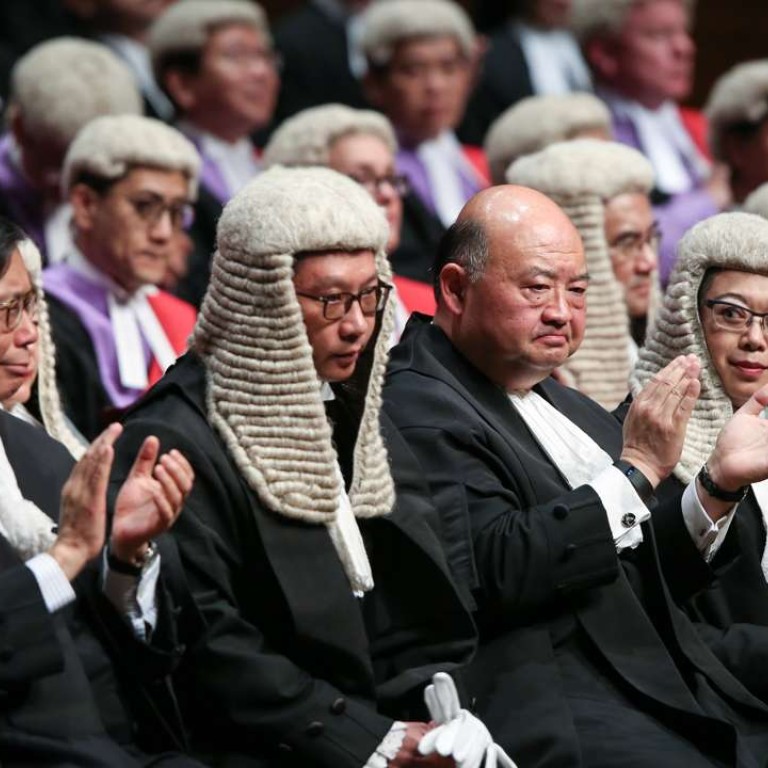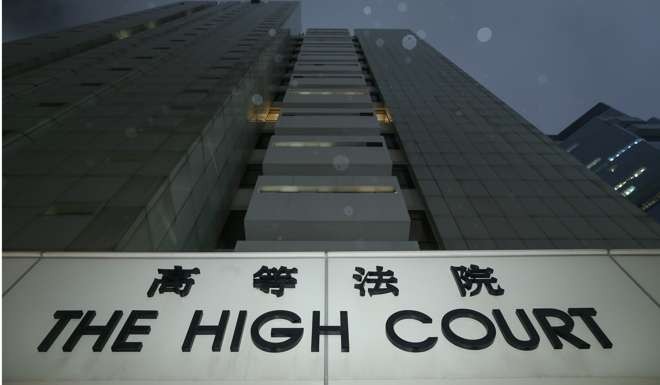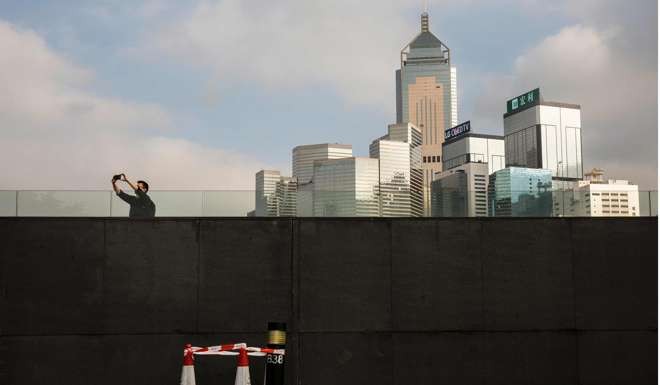
Why Hong Kong must pay its judges more
Bernard Chan says the fact is, about a quarter of our Court of First Instance posts are not filled. We must act to close the salaries gap with the private sector, to help protect Hong Kong’s precious rule of law
Every year, the committee proposes adjustments to judges’ pay. Last year, it also had a major review of benefits and allowances. The overall structure of the benefits package dates back to 2008.
Hong Kong’s shortage of judges means justice is often delayed
It has become clear over the past few years that the judiciary is finding it difficult to recruit judges, notably for the Court of First Instance. For benchmarking purposes, judges at that level are usually compared with private-sector senior counsel with 15-25 years’ experience. This reflects the expertise required, and suggests the challenge in recruitment.
There has long been a gap in salaries between private practice and the bench. Surveys have shown that while many barristers aspire to become judges, they prefer to earn more in private practice while younger. This is understandable. The work of judges is vitally important to Hong Kong and, as a respected public role, it is a mark of success. But if becoming a judge involves taking a significant pay cut, qualified people are likely to put off considering the option.

Hong Kong judiciary considers raising retirement age for judges by five years to 70
The judiciary – like many organisations – depends on a steady flow of new blood. It takes time for people to rise in the system, and we need a pool of talent in the lower and middle ranks to fill the senior positions in future. Even four or five years ago, there were warnings about the number of retirements in the pipeline. The prospect of a growing number of vacancies prompted some upgrades in pay levels, but the problem remains. The gap in earnings between the private sector and a Court of First Instance judge has grown, from around 42 per cent in 2010 to 60 per cent in 2015. About a quarter of the posts are vacant.
Ignoring the rising number of vacancies and the falling number of qualified applicants is not an option. The quality of our courts is essential
Our recommendations have been widely reported. On top of the annual increase of 4.85 per cent, we proposed an additional rise. For judges at the High Court and above, this would be 6 per cent. We also recommended improvements in housing and medical benefits, plus education and other smaller allowances.
The dollar figures may appear quite eye-catching. The press has highlighted the fact that a Court of First Instance judge’s current salary is around HK$255,000. A new (taxable) monthly housing allowance for High Court judges not in official accommodation will be HK$161,000, while medical insurance allowances will be as much as HK$53,000 a year for older judges.
However, all of this is a reflection of the sort of packages enjoyed by senior legal practitioners in the private sector. It is also a reflection of the extraordinary importance of our judiciary to Hong Kong.
The rule of law – which needs an independent judiciary – is widely accepted as the No 1 advantage that Hong Kong has as a business and financial centre. Our other attractions, like low tax and good infrastructure, would have far less value without that dependable legal structure. This is not just key to our business environment, but to all individuals who value a fair, safe and free society.

Hong Kong must maintain a strong and respected judiciary
Ignoring the rising number of vacancies and the falling number of qualified applicants is not an option. The quality and capacity of our courts is essential.
For people who worry about costs, however, there is actually some good news. While our judiciary is extremely important, it is not huge. The number of Court of First Instance judges is in the dozens, and the total number of judges, including magistrates, is around 200.
The financial implications of the judges’ additional pay increase totals around HK$21 million for one year. The upgrades to benefits work out to be around HK$32 million a year (mostly housing and medical). In terms of overall government expenditure, this is a small amount to pay – especially for the maintenance of a top-quality independent judiciary.
Bernard Chan is a member of the Executive Council

